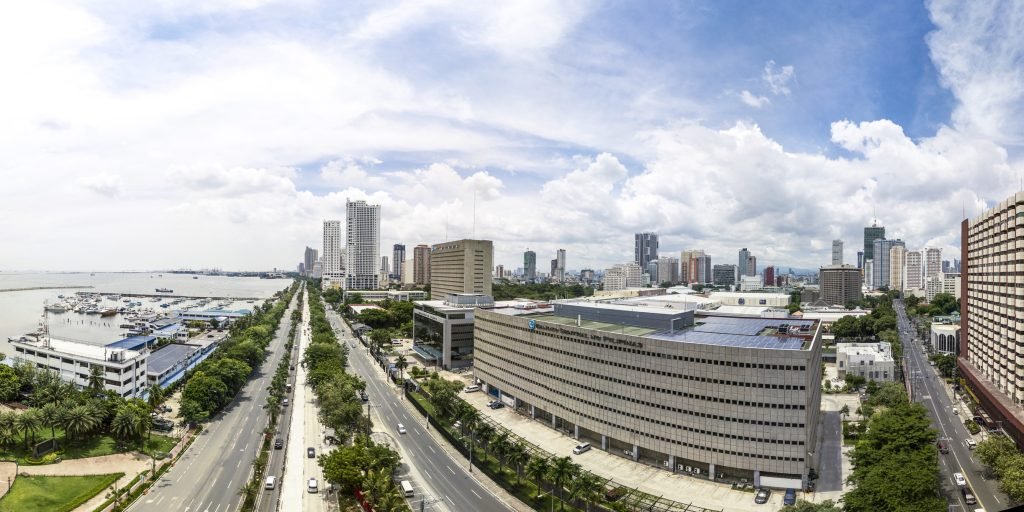
SPIKES in the price of oil and food, as well as, a weak peso hold sway over household’s inflation and spending expectations more than changes in monetary policy, according to a study published by the Bangko Sentral ng Pilipinas (BSP).
In a discussion paper, BSP Research Academy researchers Faith Christian Q. Cacnio and Cymon Kayle Lubangco examined the potential impact of economic shocks on the inflation expectations and spending intentions of households.
The researchers found that higher prices of oil and rice as well as the depreciation of the peso increases inflation expectations and household spending.
“Shocks to international oil prices and fluctuations in the exchange rate have shown a more pronounced impact on inflation expectations and household consumption than changes in the policy rate. This highlights the significant effects of supply-side shocks on inflation expectations and economic activity,” the researchers said.
“Supply-side shocks are generally considered to have temporary and short-lived effects on prices and do not necessarily warrant a monetary policy response. Nonetheless, central banks should remain vigilant to prevent these shocks from leading to second-round effects,” they added.
Using the Consumer Expectations Survey (CES) conducted between the first quarter of 2010 to the first quarter of 2024, the researchers found that households increase their consumption of selected commodities if their inflation expectations rise by one percentage point.
They said a rice price shock leads to a similar impact on consumption intentions, but the magnitude of change is less pronounced compared to oil price shocks.
However, in all cases, the researchers found that except for health expenditures, a rice price shock would only result to about a one percentage point change in these expectations.
The researchers also found that a depreciation shock on the Philippine peso also significantly raises the likelihood of increased consumption across various goods—excluding health—in the subsequent period.
They noted that as one of the top remittance-receiving countries, exchange rate fluctuations have an impact on household inflation expectations and consumption. They estimated that nearly a third of households rely on remittances to augment their incomes.
The researchers also said as a net food and oil importer, exchange rate movements that affect import prices have a pass-through effect on domestic prices.
“For the monetary policy shock, we find that in both the anticipatory and reactive scenarios, a 25-basis-point hike will lead households to delay increasing their consumption of most commodities,” the researchers said.
“However, there are no significant differences between how households’ consumption intentions would change under the two scenarios,” they added.
Based on the latest results of the CES, released last month, BSP said consumers expect higher interest rates, a weaker peso, and a higher unemployment rate in the fourth quarter of 2024, the first quarter of 2025, and 12 months from the survey period.
The BSP also said consumers anticipate that interest rates may increase and the peso may depreciate against the US dollar for Q4 2024, Q1 2025, and the next 12 months.
Households, the data showed, expect that the unemployment rate may increase across all reference periods. Households expect that the inflation rate may increase in the near term and over the next 12 months.
However, BSP said, the percentage of respondents who expect higher inflation declined compared with the Q3 2024 survey results. Specifically, consumers expect that the inflation rate may average 6.2 percent for the next 12 months, which is above the National Government’s inflation target range of 2.0 to 4.0 percent for 2024-2025.
Image credits: Michael Edwards | Dreamstime.com







